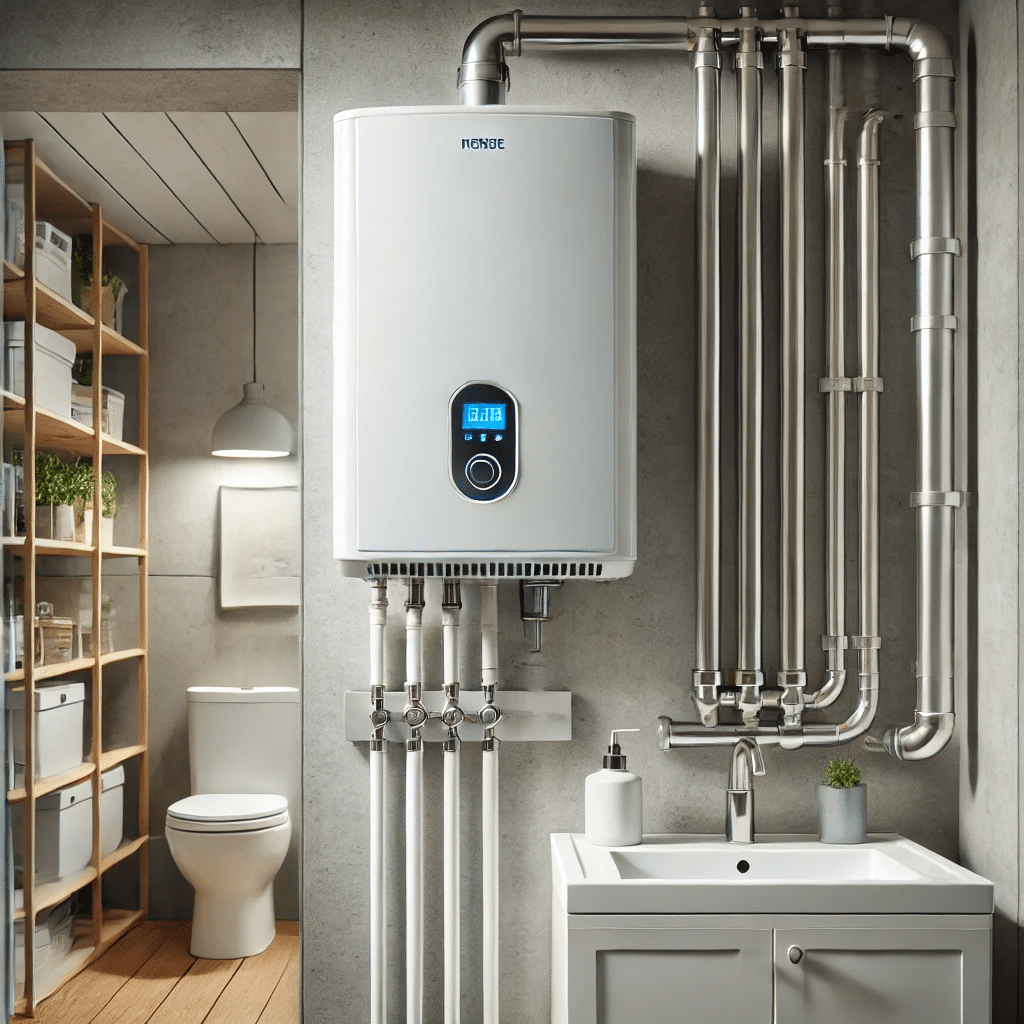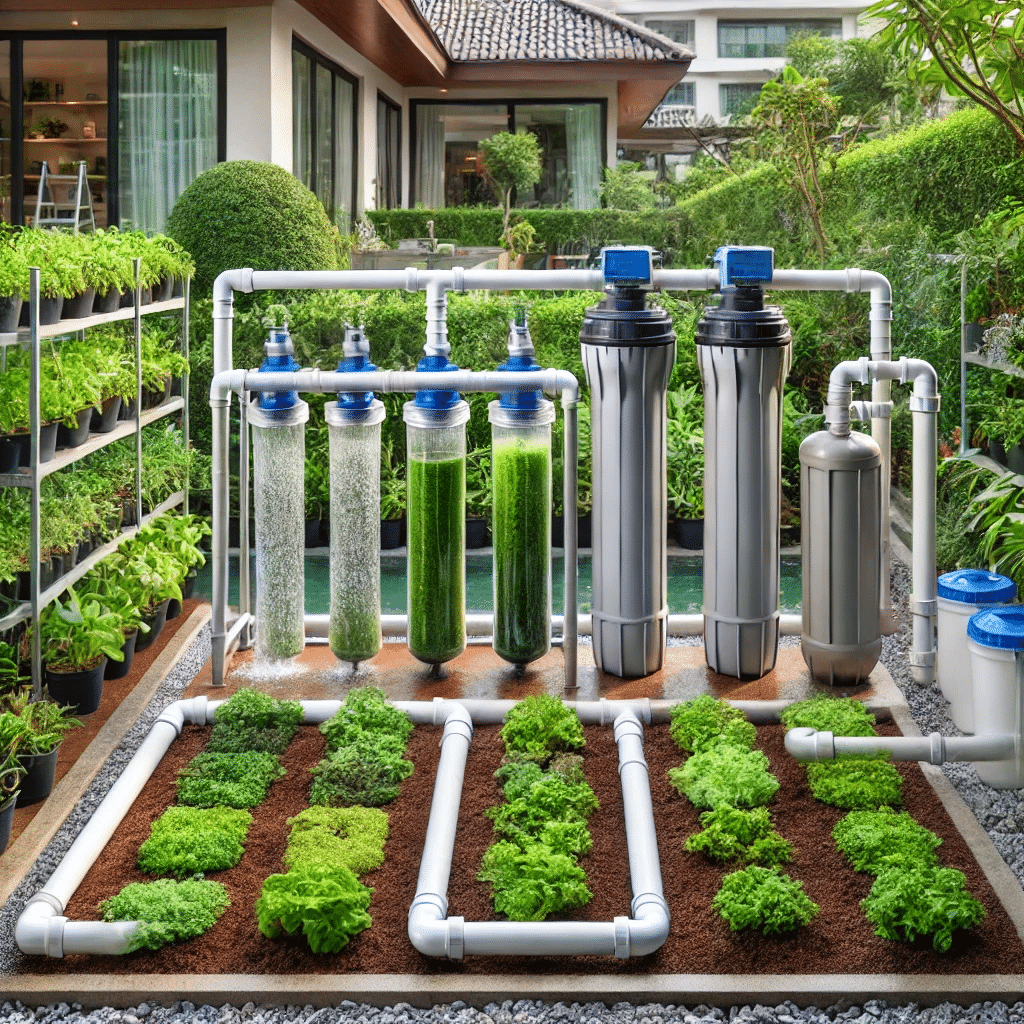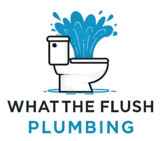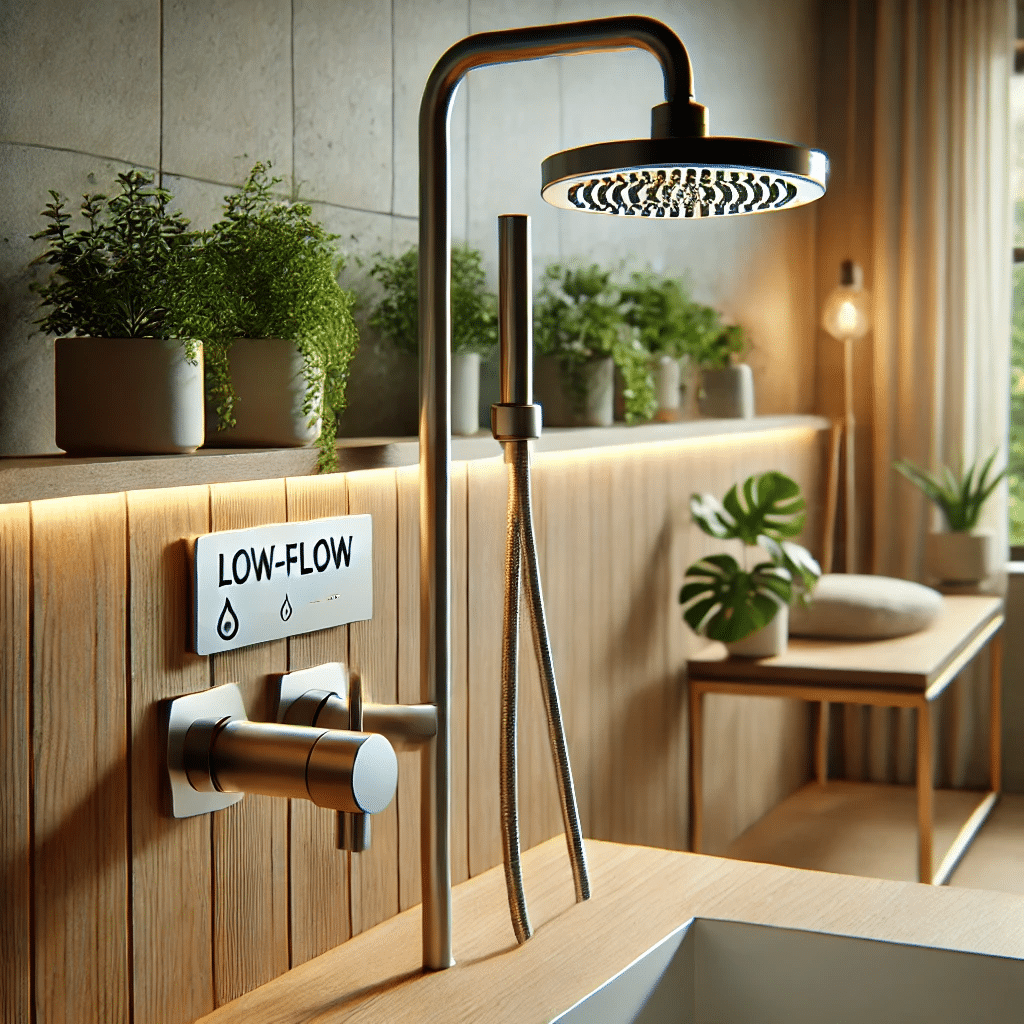Drain Cleaner Calgary | As environmental consciousness grows, homeowners are increasingly seeking ways to make their homes more sustainable—and plumbing is a great place to start! From water-saving fixtures to eco-friendly drain cleaning, there are many ways to reduce the environmental impact of your home’s plumbing system. Let’s explore some practical steps to make your Calgary home more sustainable and environmentally friendly with eco-friendly plumbing solutions.
1. Install Water-Efficient Fixtures
One of the simplest and most effective ways to conserve water is by upgrading to water-efficient fixtures. Low-flow faucets, showerheads, and toilets can save thousands of gallons of water each year without sacrificing performance.
- Low-Flow Showerheads and Faucets: Modern low-flow options reduce water usage by up to 50% compared to standard models. Look for fixtures with the WaterSense label, which ensures they meet EPA water efficiency standards.
- High-Efficiency Toilets (HETs): Traditional toilets use 3-7 gallons per flush, while HETs use 1.28 gallons or less. Dual-flush models provide options for liquid and solid waste, further conserving water.
Installing these fixtures in your Calgary home can significantly reduce water bills and support local water conservation efforts.
2. Choose an Eco-Friendly Drain Cleaner Calgary
Clogged drains are common in any household, but standard drain cleaners can harm the environment due to their harsh chemicals. These cleaners often contain lye or sulfuric acid, which can pollute local water systems and harm aquatic life. Instead, opt for eco-friendly drain cleaning options that are effective but gentler on the environment.
- Natural Enzyme-Based Cleaners: These cleaners use enzymes to break down organic matter, clearing clogs without toxic chemicals. They are biodegradable and safe for septic systems.
- DIY Solutions: Simple solutions like baking soda and vinegar can also help maintain clean pipes naturally. For tougher clogs, a professional eco-friendly drain cleaner in Calgary can ensure that your pipes stay clear without resorting to harmful chemicals.

3. Install a Tankless Water Heater
Traditional water heaters constantly heat a tank of water, using substantial energy even when hot water isn’t needed. Tankless, or on-demand, water heaters heat water only when required, which saves energy and reduces your utility bill.
- Energy Savings: A tankless system can be 24-34% more energy-efficient than conventional water heaters for homes that use up to 41 gallons of hot water daily.
- Lifespan: Tankless water heaters often last longer than tank models, reducing waste and the need for replacements.
Consider upgrading to a tankless water heater in your Calgary home to conserve energy and enjoy a constant supply of hot water on demand.
4. Use Water-Saving Habits
In addition to upgrading your fixtures, adopting water-saving habits can make a big difference in your household water usage. Here are a few easy tips:
- Turn Off the Tap: Avoid letting water run while brushing teeth, washing dishes, or shaving.
- Shorter Showers: Reducing shower time by just a couple of minutes can save gallons of water.
- Fix Leaks Quickly: A leaking faucet can waste hundreds of gallons per year. Regularly inspect your home for leaks and fix them promptly.
Small changes can add up to substantial water savings, reducing both your environmental impact and water bill.

5. Install a Greywater Recycling System
Greywater recycling systems are an advanced eco-friendly option that reuses water from sinks, showers, and washing machines for non-potable purposes like flushing toilets and irrigation.
- How It Works: A greywater system collects wastewater, filters it, and pumps it to an irrigation system or toilet. This setup can reduce water consumption by up to 40%.
- Eco-Friendly Landscaping: Use recycled greywater to hydrate your lawn or garden, conserving freshwater and supporting a more sustainable water cycle.
While greywater systems require an initial investment, they can significantly reduce water bills over time and help protect Calgary’s water resources.
6. Use Environmentally Friendly Pipe Insulation
Insulating your pipes, especially hot water pipes, can improve energy efficiency in your home. When hot water travels through insulated pipes, it loses less heat, meaning your water heater doesn’t have to work as hard to maintain water temperature.
- Eco-Friendly Materials: Opt for insulation made from recycled or sustainable materials. Some materials also help protect pipes from freezing during Calgary’s colder months, reducing the risk of pipe bursts and conserving water.
- Cost Savings: With insulated pipes, you may even be able to lower the temperature setting on your water heater, further reducing your energy use.

7. Install a Home Water Filtration System
Investing in a whole-house water filtration system can eliminate the need for single-use plastic water bottles and improve your home’s water quality.
- Eco-Friendly Filtration Options: Choose a system that uses sustainable, low-waste filters. Carbon-based filters, for instance, are efficient and environmentally friendly.
- Healthier Drinking Water: These systems reduce contaminants in your water supply, providing cleaner and safer drinking water for your family.
By avoiding bottled water, you reduce plastic waste and minimize your environmental footprint.
8. Regular Plumbing Maintenance and Eco-Friendly Drain Cleaning
Routine plumbing maintenance keeps your system running efficiently and reduces the risk of leaks, clogs, or other issues that can waste water. Schedule regular inspections with a licensed plumber in Calgary, and ask about eco-friendly services to ensure the health of your plumbing and the planet.
- Drain Cleaning with Sustainable Practices: Many Calgary plumbing companies, such as What The Flush Plumbing Services, offer eco-friendly options for drain cleaning. These methods use safe, effective alternatives to chemical cleaners, preserving local water quality.
- Leak Detection: Leaks can go unnoticed, wasting water and increasing your utility bills. Regular maintenance can help catch leaks early, ensuring a more sustainable and cost-effective home.
By taking these steps, you can make your home’s plumbing system more sustainable, reduce your water and energy bills, and contribute to a healthier environment. Implementing these eco-friendly plumbing practices in your Calgary home is a practical way to make a positive impact for future generations while benefiting your household.
Q&A’s
Q: What are the benefits of installing water-efficient fixtures in my home?
A: Water-efficient fixtures, like low-flow showerheads, faucets, and high-efficiency toilets, can help you save thousands of gallons of water each year. This reduces your water bills and helps conserve Calgary’s water resources. These fixtures are designed to use less water without compromising performance, making them an ideal upgrade for eco-conscious homeowners.
Q: Are eco-friendly drain cleaners as effective as traditional ones?
A: Yes, eco-friendly drain cleaners, especially enzyme-based ones, can be highly effective. They break down clogs using natural enzymes rather than harsh chemicals, making them safer for both your plumbing and the environment. For tough clogs, consider consulting a professional drain cleaner in Calgary who offers eco-friendly services to ensure effective and sustainable results.
Q: How does a tankless water heater save energy compared to a traditional water heater?
A: Traditional water heaters keep a tank of water constantly heated, which uses energy even when hot water isn’t needed. In contrast, tankless water heaters only heat water on demand, which can save 24-34% of energy in homes that use a moderate amount of hot water daily. This on-demand heating reduces energy waste and can lower your utility bills over time.
Q: What are greywater recycling systems, and are they safe to use in my garden?
A: Greywater recycling systems capture water from sources like sinks, showers, and washing machines, which can then be reused for irrigation or flushing toilets. These systems filter and process the greywater to remove harmful substances, making it safe for garden use. Using greywater supports sustainable landscaping and reduces your home’s freshwater consumption.
Q: What eco-friendly options are available for insulating my home’s plumbing pipes?
A: Eco-friendly pipe insulation materials include options made from recycled or sustainable sources, such as cork or foam with minimal environmental impact. Insulated pipes conserve heat, especially for hot water lines, reducing the energy needed to keep water warm. Additionally, insulation protects pipes from Calgary’s colder temperatures, helping prevent costly winter leaks or bursts.
Q: How often should I schedule plumbing maintenance to keep my home’s system eco-friendly?
A: Ideally, you should schedule plumbing maintenance annually to ensure your system is running efficiently. Regular inspections can catch leaks early, preventing water waste, and ensure that any necessary repairs or drain cleaning can be done using eco-friendly methods. This proactive approach keeps your plumbing system in top shape while reducing your environmental impact.
Q: Is it worth installing a home water filtration system if I already have good tap water?
A: Yes, a whole-house water filtration system can still provide benefits even if you have clean tap water. It reduces the need for bottled water, cutting down on plastic waste, and can remove any residual contaminants, ensuring high-quality water throughout your home. Look for filtration systems that use sustainable, low-waste filters to maximize the eco-friendly benefits.
Q: What’s the easiest way to make my plumbing system more eco-friendly on a tight budget?
A: Simple changes, like installing low-flow aerators on faucets, fixing leaks promptly, and using homemade drain cleaners like baking soda and vinegar, can make a big impact with minimal investment. These small changes reduce water waste and pollution, helping you create a more eco-friendly home without breaking the bank.

